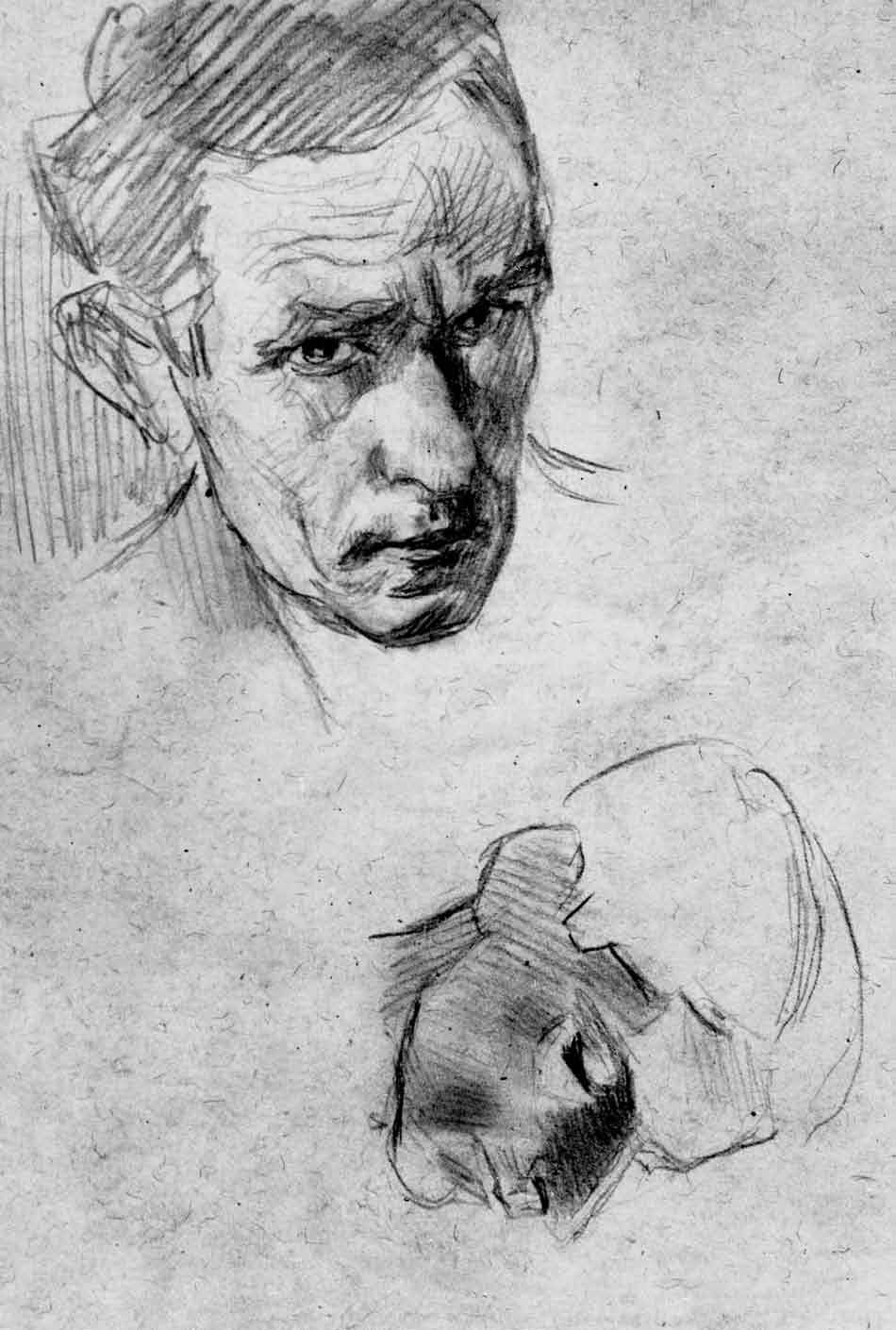Schulz dadaistą? Parodystyczna krytyka kultury europejskiej w opowiadaniu Brunona Schulza „Dodo”
Abstrakt
The essay is an interpretation of a story from The Sanatorium under the Sign of an Hourglass. Its most important frame of reference is the history of European culture, since apparently Schulz parodied in his text two key currents of the Mediterranean tradition: the heritage of the Greek philosophy and the Judeo Christian thought. What seems to prompt such a hypothesis is the language convention used to present the two male protagonists of the story. The handicapped title hero, Dodo, is introduced as if he were an ancient philosopher, while Uncle Jerome, mentally ill, resembles the heroes of saints’ lives. Such a choice of the conventions appears to serve the purpose of parodying the European tradition, particularly that both protagonists are male. The target of the parody may be the patriarchal model of culture on which both pillars of the Old Continent heritage actually rest. This idea stands in tune with the avant-garde tendencies of the early 20th century, particularly the Dadaist program of rejecting the whole tradition of European culture.

 Uniwersyteckie Czasopisma Naukowe
Uniwersyteckie Czasopisma Naukowe





